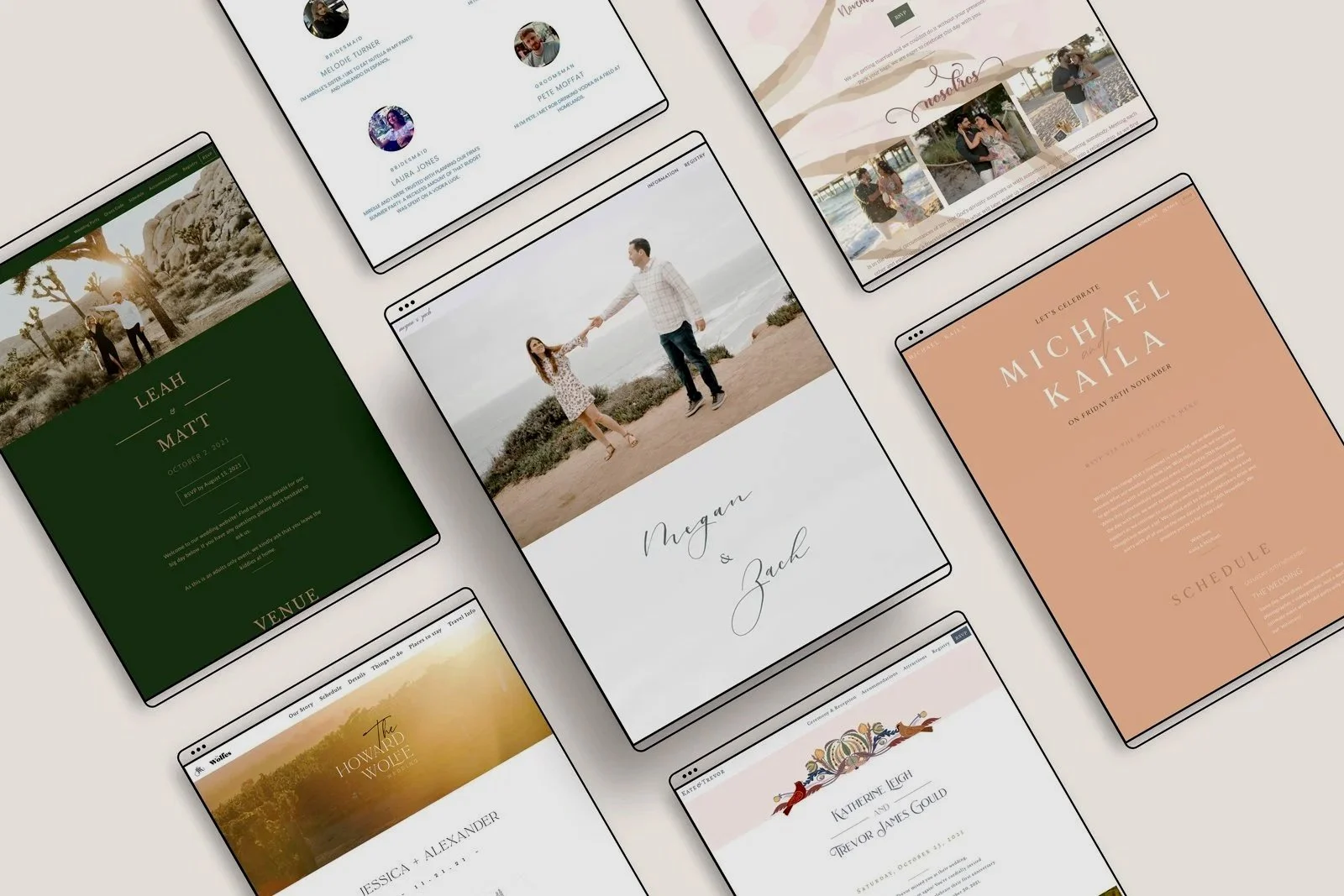It's like the Sesame Street song goes; one of these things is not like the other.
See if you can pick it:
a) You're having a birthday and you want to celebrate it; so you throw a party.
b) It's Summer and you want to celebrate it; so you organise a BBQ.
c) You've received a promotion and you want to celebrate it; so you go out to dinner.
or
d) You've found the love of your life and you want to celebrate it; so you just plan a wedding..?
You're right; the wedding is the odd one out because no one in the history of weddings 'just planned a wedding' and did not experience the pressure of expectation, a little guilt or some kind of stress along the way.
It is not a side of weddings that people like to talk about because it's not sexy or fun. "But why can't we just have a simple wedding?" many couples bemoan not long after starting to plan their big day.
Well, let's break it down..
Marriage in 2017, and consequently a wedding, is a complex concept in modern Western society.
In the most basic of terms, almost every culture and religion around the world recognises a formal state of relationship between two (or more) persons (marriage) and the public rite of passage that signifies the start that relationship (a wedding). In the past, marriage was encouraged for the purpose of starting a family, economic stability or the increase or maintenance of social status.
But today, in a time and age where it is no longer universally frowned upon to live with a partner, have children, travel or forge a career path etc. before you are married, why is it still an enticing and intriguing goal of so many?
If you look at the results of the 2008 Relationship Indicator Survey, 91% of us are marrying for love, followed closely by 'companionship' (88%) and 'to signify a lifelong commitment' (82%).
So while our motivations to get married may have changed, the practice of committing yourself to another person in front of family and friends hasn't as much.
It's same same, when you boil it down.
There is still a form of religious or civil ceremony that signifies the transition from singlehood to being married and there is still a celebration usually marked with food and drink and the exchange of gifts to symbolise or represent the community's approval of the union.
Making a commitment is still generally considered important, and sharing that commitment with family and friends (as opposed to eloping) turns a personal and private decision into a community event.
What this means is, anyone who has an emotional and/or financial investment in the couple getting married, often feels entitled to their opinion and input at a very base level and can't understand why their expectations, verbalised or not, are not met by the bride or groom-to-be.
It becomes an invite-only public event (!) with dozens of stakeholders who (at varying levels) believe that, as the people you love most in the world, you should consider their feelings and preferences.
And of course, with the relatively new rhetoric of the wedding day being 'all about the bride' added to the mix, planning for a wedding while negotiating all of these expectations can become very difficult to navigate, very quickly.
Rest assured: you are not imagining it.
The struggle is real.
And it is why Unbridely was started.
We understand that wedding planning is not (only) filled with magical days of cake tastings and starry-eyed dress shopping. It can be hard and it can get messy and there are times when you wonder why you're spending 200+ hours of your precious life doing it.
We are here to help.
Now while there is no pleasing everyone, it can be the best investment you ever make to sit down with the people who mean the most to you right from the start, to create your top 3; the ultimate measuring stick against which all the decisions that you need to make can be judged.
There are several other smart ways you can plan your wedding and keep your sanity and relationships with family and friends intact. Over the coming months, we will feature some fresh and real-world advice from psychologist, Steph McBeath, to help you out.
Watch this space..
We'd love to hear what you think; why can't couples just have a simple wedding?
Let us know your thoughts in the comments.






